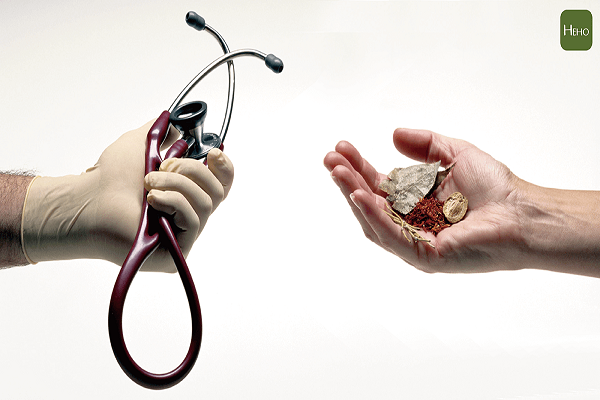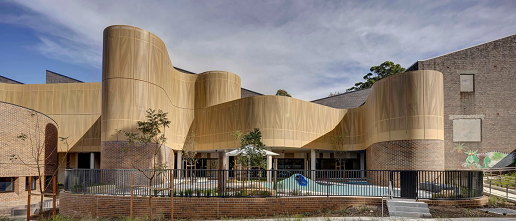The treatment of stomach cancer should follow the holistic view and syndrome differentiation principles of Traditional Chinese Medicine (TCM), focusing on "Supporting the Healthy and Expelling the Pathogenic" while tailoring the treatment to the condition and physical status of the patient. Integrative therapy combining Chinese and Western medicine, such as chemotherapy and radiotherapy, can achieve more optimal anti-cancer effects.
TCM emphasizes that the causes of stomach cancer are related to emotional stress and liver Qi stagnation. Unhealthy habits such as irregular eating patterns and lifestyles can damage the spleen and stomach. Additionally, Helicobacter pylori infection and poor dietary hygiene are also significant factors leading to stomach cancer. Traditional Chinese Medicine (TCM) focuses on boosting immunity and regulating the digestive system, thereby improving the patient's overall health. (Image / Provided by Heho Health)
Traditional Chinese Medicine (TCM) focuses on boosting immunity and regulating the digestive system, thereby improving the patient's overall health. (Image / Provided by Heho Health)
In integrated TCM and Western medical treatments, TCM focuses on boosting immunity and regulating the digestive system to improve the patient’s overall health. Commonly used herbal formulas such as Si Jun Zi Tang and Ping Wei San help restore spleen and stomach function, alleviate bloating, and ease other digestive discomforts. For managing chemotherapy side effects like leukopenia or peripheral neuropathy, Ba Zhen Tang can effectively alleviate symptoms and improve patient well-being. Integrative Treatment of Traditional Chinese and Western Medicine to Improve the Quality of Life for Cancer Patients. (Image / Provided by Heho Health)
Integrative Treatment of Traditional Chinese and Western Medicine to Improve the Quality of Life for Cancer Patients. (Image / Provided by Heho Health)
In summary, TCM plays a vital role in post-surgical recovery, extending survival time, and improving the quality of life for stomach cancer patients. Patients should remain vigilant and seek medical attention promptly if experiencing gastrointestinal discomfort to avoid missing the best treatment window.







